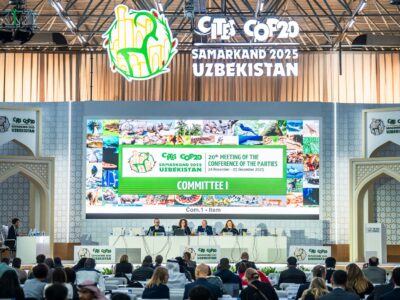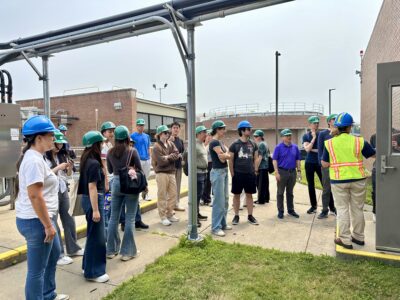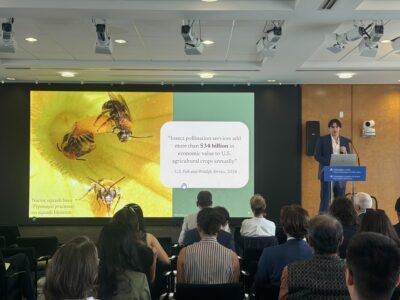
1. What is your current job?
I am serving as a Presidential Management Fellow at the Federal Emergency Management Agency (FEMA) in Washington, D.C. As a fellow, I have the opportunity to rotate to different FEMA offices, various Department of Homeland Security components and across the federal government over a two-year period. My current rotation is with the Response Directorate at FEMA, and I am working on developing FEMA doctrine regarding disaster response and recovery operations.
2. Do your current job responsibilities align with the professional goals that you originally had when you began the Master of Public Administration in Environmental Science and Policy program (MPA-ESP)?
Coming from the private sector into ESP, I was looking for a change and decided to apply for the fellows program. Being in New York City during Hurricane Sandy solidified my belief that we needed more resilient communities in the face of extreme events and also made me realize the importance of effective disaster response and recovery. Thus, once I was selected as a fellows finalist, I actively started pursuing opportunities with FEMA headquarters.
3. What skills has the MPA-ESP program taught you that you think have proven useful to your current position?
I use the policy analysis skills that we learned through the capstone workshops daily in my current job. I also routinely write briefing memos and deliver presentations to senior leaders at FEMA, and ESP has helped me develop that strategic writing and communication skill to translate complex science and policy issues for the decision makers.
4. What skills and tools do you hope to acquire through this job?
The Presidential Management Fellows program aims to train future government leaders, and I hope to further develop management core competencies such as conflict resolution, task delegation and problem solving. I am also really interested in learning more about disaster preparedness and management, especially how to make communities more resilient to extreme events. As part of the program, we are expected to complete a minimum of a five-week disaster deployment, and I hope to get some field experience in an impacted community through that opportunity. During my six-month external rotation in another federal agency, I hope to learn about climate change in the international context and the larger implications on U.S. national security.
5. How has collaborating with your fellow students in class projects benefited you professionally and personally?
Collaborating with my fellow students was one of the most enjoyable aspects of the ESP program, and I was able to develop life-long friendships with students from across the world. I was also able to learn from them and improve my management, communication and policy analysis skills. The spring workshop was an especially enriching experience where each of my team members brought their unique skills and took on the role of consultants and delivered a final product for the client.
6. How do you intend to utilize your degree from the MPA-ESP program to further your career?
Since I had a science background, the MPA-ESP degree has allowed me to strengthen my policy analysis and public administration skills that I use daily in my current job. The relationships that I have made with the faculty, my peers, the larger SIPA and Columbia community will also continue to support me professionally and personally.
The views expressed in this article are of the program alum only and not of DHS/FEMA.



